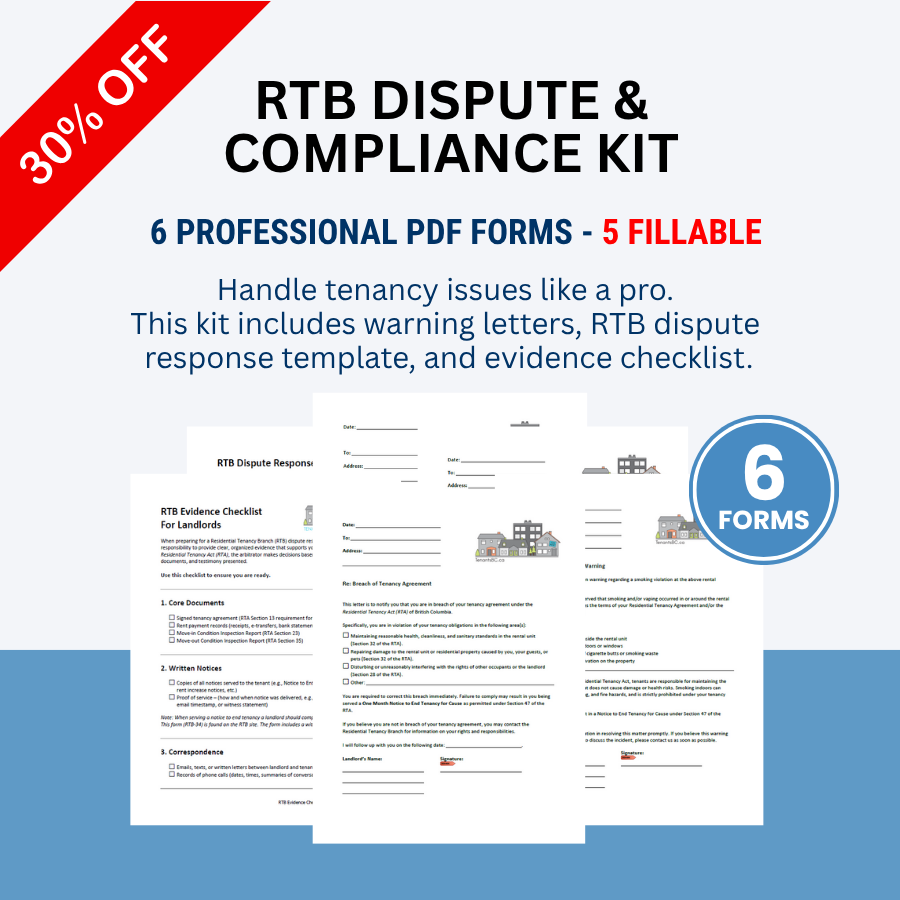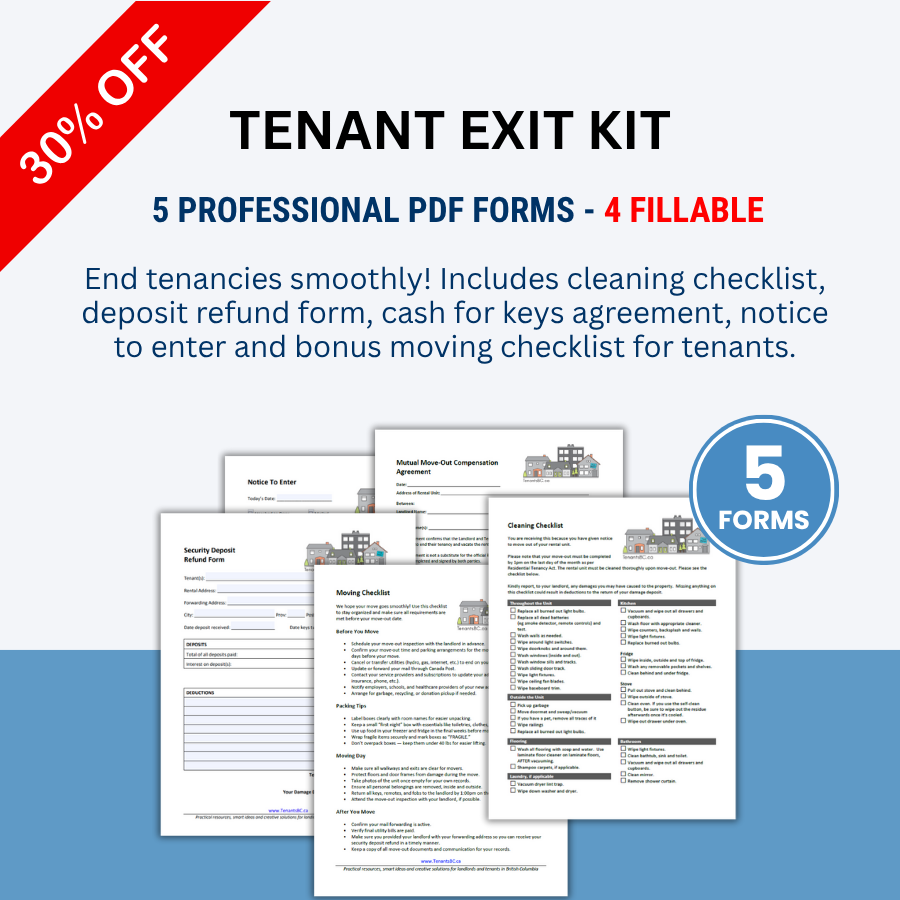Most renters are reasonable. They understand the terms of the rental agreement and typically make fair requests, such as repairs when something breaks or maintenance when it’s needed.
However, from time to time, landlords encounter tenants whose expectations go beyond what is typical or reasonable. These requests might include aesthetic upgrades like a fresh coat of paint, new flooring, or updated fixtures – even when the existing ones are functional and in good condition.
As a landlord, it’s important to strike a balance between maintaining positive tenant relationships and running a sustainable rental business. While it’s commendable to be responsive and kind, your role isn’t to fulfill every personal preference or non-essential request. You’re managing a business, not a concierge service.
How to Navigate Tenant Requests Professionally
When evaluating whether to approve or decline a request, consider what’s in the best interest of your property and your long-term investment strategy. Sometimes, saying “yes” to a reasonable request can help retain a quality tenant and avoid vacancy or turnover costs. But at other times, it’s equally important – and entirely appropriate – to say “no.”
The Art of Saying No
Saying “no” is a necessary part of being an effective landlord. It sets boundaries and reinforces that you are running a professional operation. The key is in how you deliver that “no.”
-
Be respectful and clear: A polite and direct response shows professionalism. Avoid vague language, which can leave room for confusion or repeated requests.
-
Provide a rationale: Explain your reasoning briefly but confidently. Whether it’s budget-related, outside the scope of the lease agreement, or unnecessary from a maintenance perspective, a clear explanation helps tenants understand your decision.
-
Focus on the request, not the person: Keep your response objective and businesslike. This ensures the tenant doesn’t take it personally.
By setting appropriate boundaries, you’re also helping tenants adjust their expectations. And when you do say “yes” to reasonable and necessary requests, those decisions will be better appreciated and more impactful.
Final Thoughts
Good tenants are worth keeping, and maintaining open, respectful communication is key. The more consistent and professional you are in how you handle requests—both approvals and denials – the more likely you are to build trust while keeping your rental business on track.













